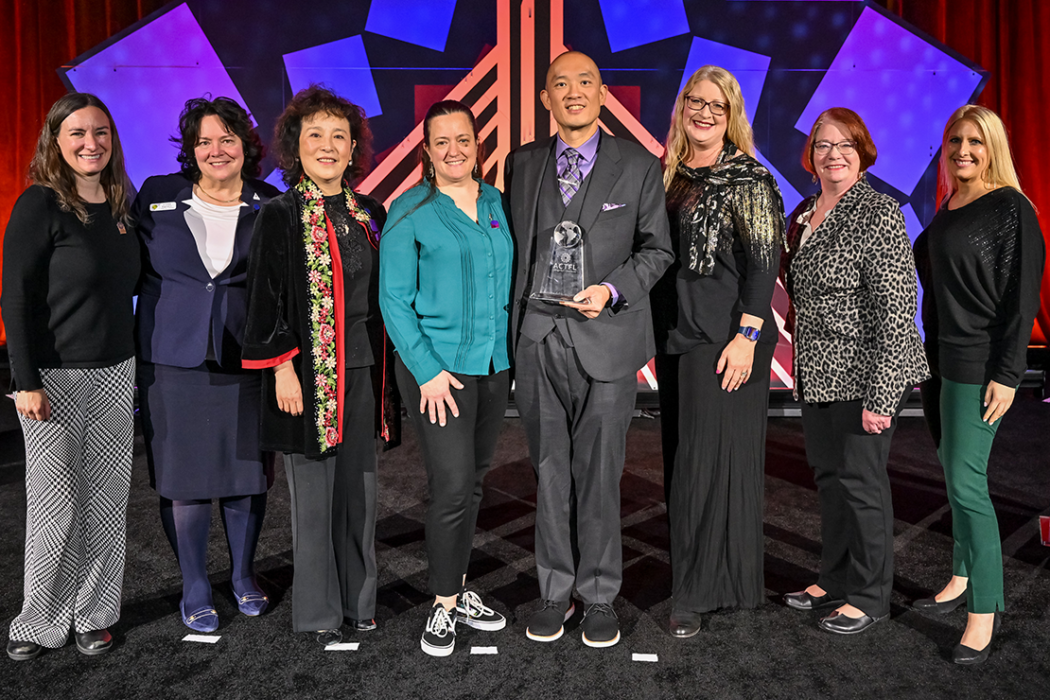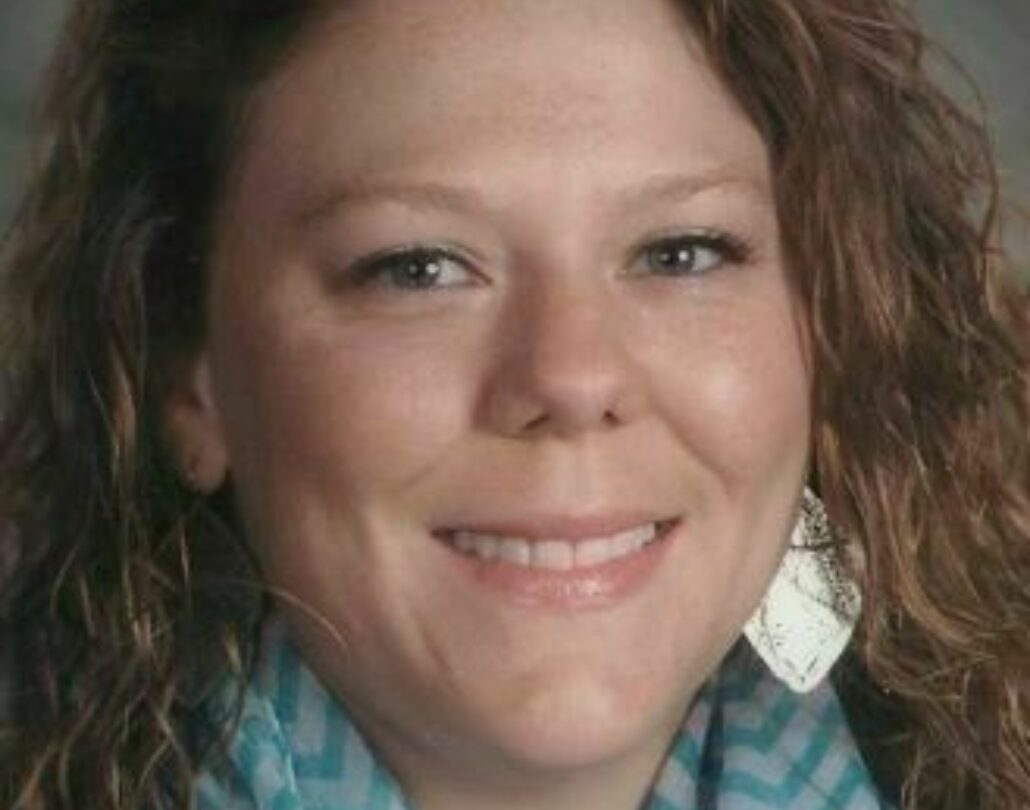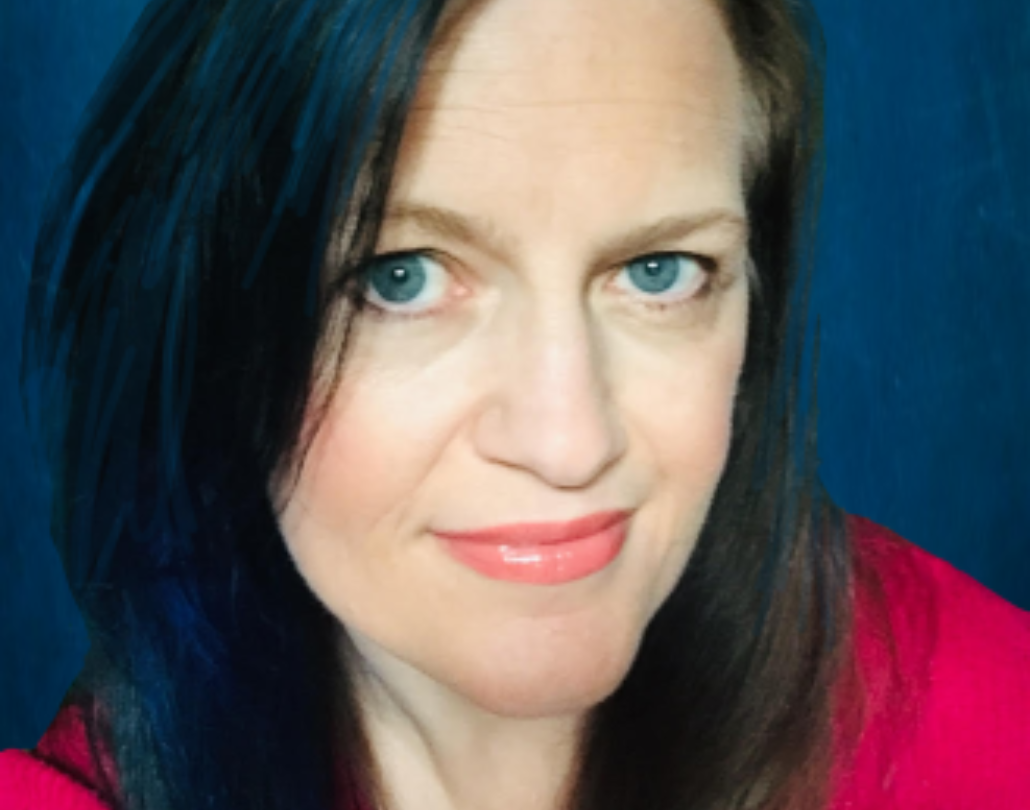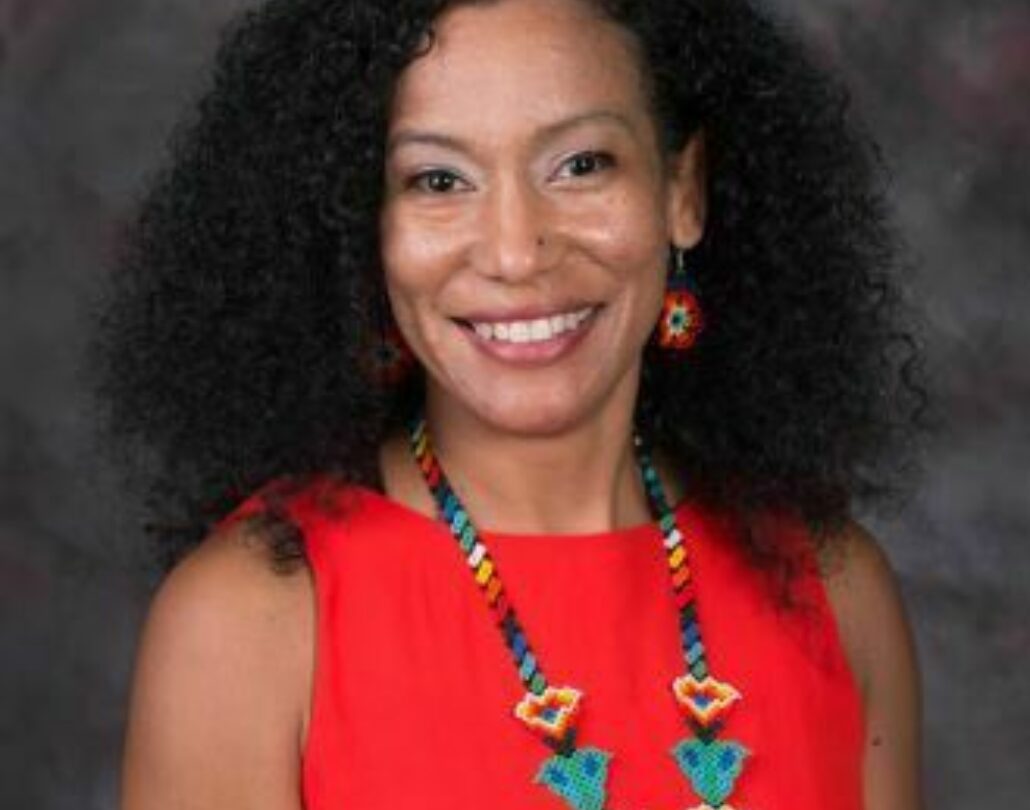2022 ACTFL National Language Teacher of the Year
Heather Sweetser
University of New Mexico, Albuquerque, NM, SWCOLT, Arabic
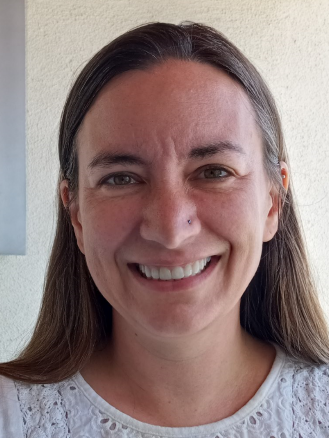
I decided to become an Arabic teacher while a student at The Defense Language Institute back in the late 1990’s. Most of my instructors there were white card holders – recent refugees who were thrust into the position of teaching Arabic to young soldiers completely ignorant of Middle Eastern affairs. None of the soldiers could point to Iraq on a map, despite being embroiled in a war in the region throughout that decade. All training there focused entirely on language acquisition while culture and intercultural competence was ignored.
Whether or not this lack of cultural training was deliberate, or if it was the result of being a student in a group of untrained teachers, I can’t say. But these early experiences with the language and the later disasters engendered by our linguists’ capabilities to translate words but not meaning have shaped my goals as an Arabic instructor ever since.
Here at The University of New Mexico, I work hard to ensure that culture is a component of every class we take, whether looking at the pragmatics or sociolinguistics of words chosen to specific assignments based on aspects of Middle Eastern life chosen by the students themselves. Since ‘culture’ is fluid, we update our courses extensively every year, thus making certain that nothing we teach is outdated and our examples are timely and relevant.
Being a part of the faculty fellows group for race and social justice at UNM opened my eyes to ways in which language can be used as a weapon as well as a force for change, and I am working to incorporate this into my lessons and curricula as well. A colleague of mine introduced me to the concept of ‘translanguaging,’ sometimes understood as codeswitching, although these terms are not interchangeable. Translanguaging takes the whole student into account and the wealth of resources and backgrounds they have at their disposal, including multiple dialects and languages, and encourages the use of all languages Sweetser_Personal Statement_2022 at their disposal in order to learn new ways to communicate; in our case, to communicate in Arabic. Too often in language education, the concept of the monolingual or ‘immersion’ classroom is taken too literally, even going so far as to forbid the use of anything outside the proper target language. Improperly deployed, this can encourage the idea that monolingual native speakers represent ideal linguistic behavior, and that borders between cultures are distinct.
The reality is that dialects and languages are fluid and do not stop at the border, as we see so clearly here in New Mexico. As such, a core part of our Arabic curriculum teaches that Arab culture exists outside of the Middle East, as does Arabic, and anyone can speak and participate at any register. Learning to navigate these registers, dialects, and languages is at the heart of each lesson. Addressing language instruction in this way not only teaches students when and where to use Arabic, but how, allowing students to demonstrate true intercultural competence from the very start of classes.
